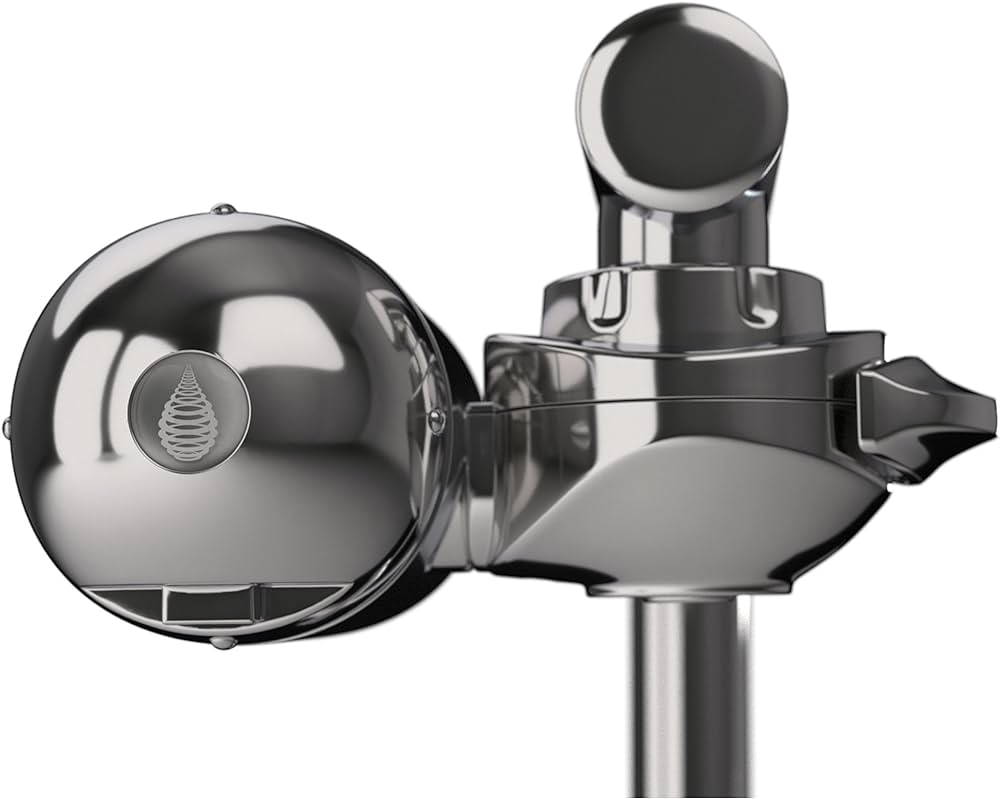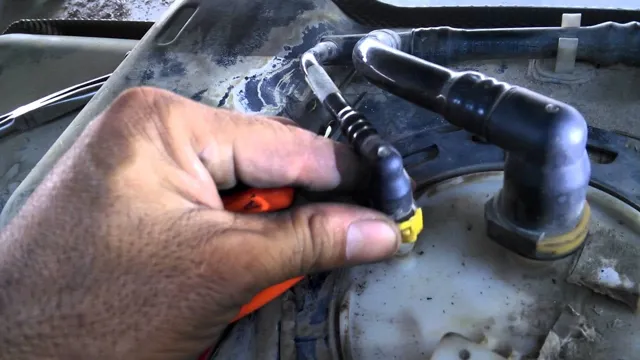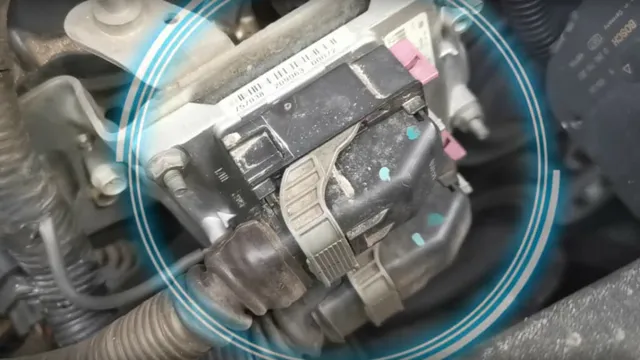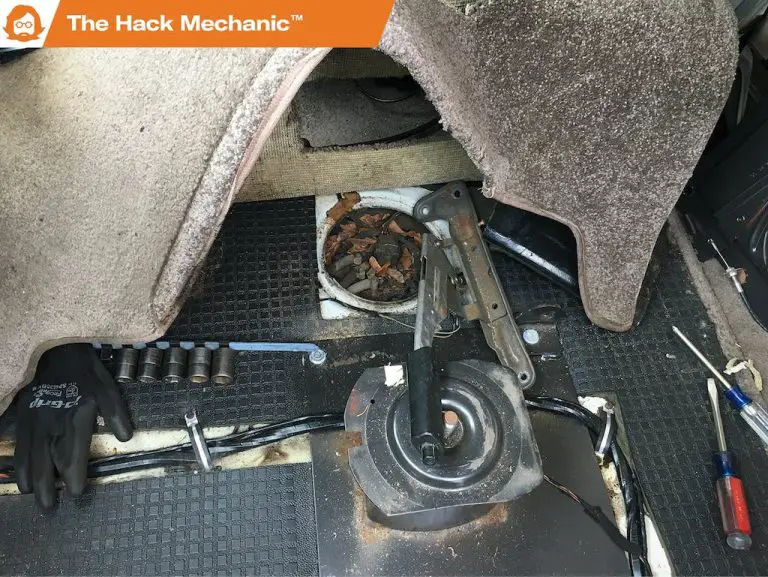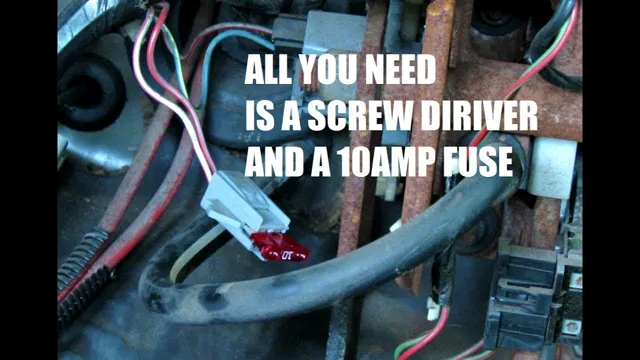How to Bypass Def System : Effective Solutions Revealed
Modern diesel engines are equipped with a Diesel Exhaust Fluid (DEF) system, which plays a crucial role in reducing harmful emissions. While the DEF system is essential for meeting environmental regulations, some diesel vehicle owners may consider bypassing it for various reasons. In this comprehensive guide, we will explore the DEF system, the reasons for bypassing it, and the methods to bypass it.
Understanding the DEF System
The Diesel Exhaust Fluid (DEF) system is comprised of a DEF tank, DEF pump, DEF injector, and a DEF electronic control module. Its primary function is to inject a precise amount of DEF, which is a urea-based fluid, into the exhaust stream of a diesel engine. This process facilitates the conversion of harmful nitrogen oxides (NOx) in the exhaust into harmless nitrogen and water vapor, thus reducing emissions.
Reasons For Bypassing The Def System
There are several reasons why diesel vehicle owners might consider bypassing the DEF system:
- Cost Savings: DEF fluid can be an additional expense, and some vehicle owners may seek to avoid the ongoing cost of purchasing DEF.
- Performance Enhancement: Some diesel vehicle enthusiasts believe that bypassing the DEF system can lead to improved engine performance, especially in older vehicles.
- Reliability Concerns: DEF system components, such as the DEF injector, can sometimes malfunction, leading to vehicle performance issues. Bypassing the DEF system may be seen as a way to avoid such problems.
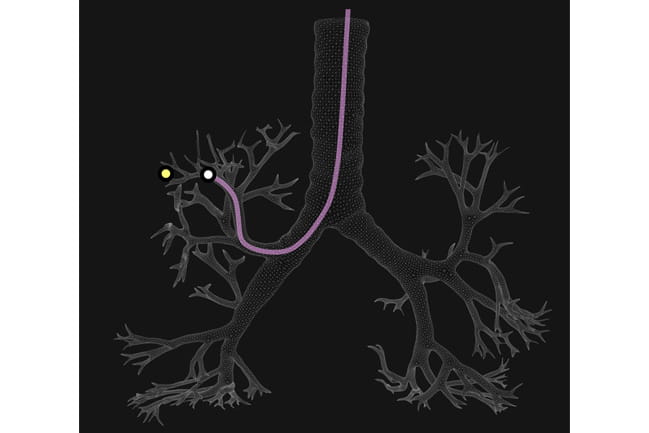
Credit: muschealth.org
Bypassing the DEF System: Methods and Considerations
It’s important to note that bypassing the DEF system may be illegal in certain regions, as it can lead to increased emissions that violate environmental regulations. Vehicle owners should familiarize themselves with the laws and regulations pertaining to diesel emissions in their respective areas before considering a DEF system bypass.
Manual Removal Of Def Components
One possible method for bypassing the DEF system involves physically removing DEF system components, including the DEF tank, pump, and injector. While this method may seem straightforward, it can be complex and may require extensive modifications to the vehicle’s engine and electronic control systems.
Electronic Tuning
Another approach to bypassing the DEF system involves using electronic tuning or performance chips to alter the engine’s on-board computer. By reprogramming the engine control unit (ECU), some vehicle owners attempt to disable the DEF system and its related components. However, this method may void vehicle warranties and can result in legal consequences in regions with strict emissions regulations.
Legal And Ethical Considerations
Before attempting to bypass the DEF system, diesel vehicle owners should carefully consider the legal and ethical implications of such actions. Violating emissions regulations can result in fines, penalties, and legal consequences. Furthermore, bypassing emissions control systems undermines efforts to reduce air pollution and protect the environment.
Frequently Asked Questions Of How To Bypass Def System : Effective Solutions Revealed
What Is A Def System Bypass?
The DEF system bypass is a method to disable the diesel exhaust fluid system in vehicles.
Why Would Someone Want To Bypass The Def System?
Some vehicle owners may want to bypass the DEF system to avoid maintenance costs and potential performance issues.
Is Bypassing The Def System Illegal?
Bypassing the DEF system may violate emissions regulations and void warranties, so it is generally not recommended.
How Does Bypassing The Def System Affect Vehicle Performance?
Bypassing the DEF system can lead to increased emissions, reduced fuel efficiency, and potential engine damage.
Conclusion
While the idea of bypassing the DEF system may be appealing to some diesel vehicle owners for reasons such as cost savings and perceived performance gains, it’s crucial to approach this matter with careful consideration of the legal, environmental, and ethical implications. Before making any decisions regarding the DEF system, it’s advisable to consult with automotive professionals and ensure compliance with local emissions regulations.
Ultimately, maintaining the integrity of emissions control systems not only ensures regulatory compliance but also contributes to the collective effort of minimizing the environmental impact of diesel vehicles.

